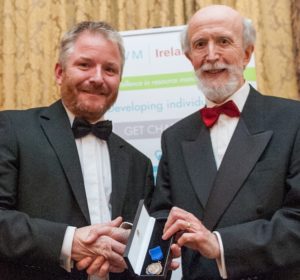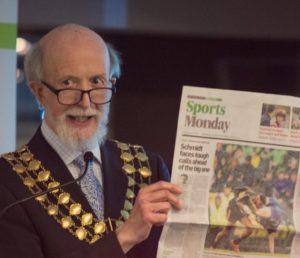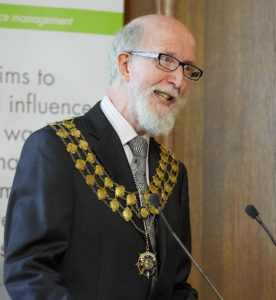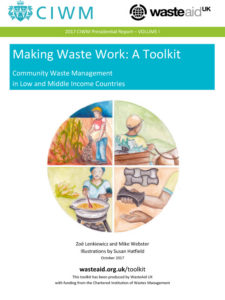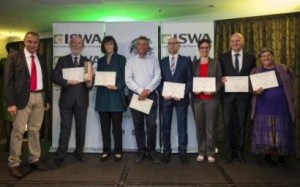Learning from the past to plan for the future
My magnum opus that I’ve been working for the last 5 years has now been published. This uses my own experiences and analytical tools to review the historical evolution of waste and resource management since the first environmental legislation back in the 1970s when I first started working as a consultant in the sector. I then draw on my more recent international policy work to reflect on priorities and challenges over the next decade. My basic thesis is that we need to understand how the sector has evolved in the recent past to plan confidently for the future. I hope it will be widely read, not least to avoid ‘reinventing the wheel’; which is why I have published open access, as part of the 40th anniversary celebrations of ISWA’s peer-reviewed journal Waste Management & Research, rather than as a shiny book sitting behind a paywall.
Socio-economic development drives solid waste management performance in cities
Our new open access paper tests and confirms for the first time the long-standing hypothesis that both the rate of municipal solid waste (MSW) generation in a city, and the performance of its MSW management system, depends on its level of socio-economic development...
DCW wins the 2022 ISWA Publication Award
It is indeed nice to have your work recognised! My co-authors Andy Whiteman and Mike Webster will receive the 2022 ISWA Publication Award this week at the ISWA World Congress Gala Dinner in Singapore, for our conceptual framework and global theory of waste and development, The Nine Development Bands. The 9DBs was published open access last year and is a powerful addition to the practitioner’s toolkit, bringing depth and nuance to understanding waste and resource management systems globally and helping you to focus your time and resources on achieving maximum impact. I am proud of all five of my ISWA Publication Awards over the last 20 years!
Practical Action focuses attention on solid waste management
DCW was sent a copy of Practical Action’s new report ‘Managing Our Wastes 2021’ a few weeks ago and invited to write an endorsement for it. Having read and reviewed it, I was happy to do so; the report was launched today in a webinar hosted by UN-Habitat. I am quoted on the back cover: ‘Most development work tackles the issue of solid waste management from the ‘top down’, and often focuses on (large scale) infrastructure. Practical Action strengthens the ‘bottom-up’, people-centred aspects. I commend to you this important new manifesto to put people back at the centre of how we manage our solid wastes.’
Make phasing out open burning of waste an international priority
Professor David C Wilson welcomes the only waste-related official side event at COP26 which is being held in Glasgow today at 1315 and available to watch on the United Nations – Climate Change COP 26 YouTube channel. That the topic is ‘A wasted opportunity: open burning of waste causes a climate and health calamity’ is an added bonus. Congratulations to ISWA, Wasteaid, Engineering X and partners for getting both waste and open burning on the official COP26 agenda!
DCW awards his Presidential Medal
DCW awarded his CIWM Presidential Medal for 2018 to Mike Webster, the founder and CEO of the new charity Wasteaid, which is working directly with local communities to tackle the global waste crisis.
DCW hands over CIWM Presidency
DCW handed over to Enda Kiernan at the Aviva Stadium in Dublin on 13th November 2018. The Gaelic Football team which Enda manages appeared in the lead photo story of the previous day’s Irish Times
DCW inaugurated as CIWM President
Professor David C Wilson giving his inauguration speech as CIWM President 2017 at Church House Westminster in October 2017. His theme for the year was solid waste management as the forgotten utility service, underpinning modern society.
DCW’s CIWM Presidential Report 2017
DCW commissioned WasteAid UK to prepare a practical toolkit for poor communities on how to make useful products from the low-value plastics and organics in their waste. In its first year, the website was visited 56,000 times, with 7,000 downloads of the toolkit.
ISWA Publication Award 2015
DCW with co-authors Ljiljana Rodic, Andy Whiteman, Costas Velis, Barbara Oelz, Joachim Stretz and Anne Scheinberg, receiving the Award from ISWA Scientific and Technical Committee Chair Antonis Mavropoulos (left), at the ISWA 2015 World Congress in Antwerp on Tuesday 08 September.
